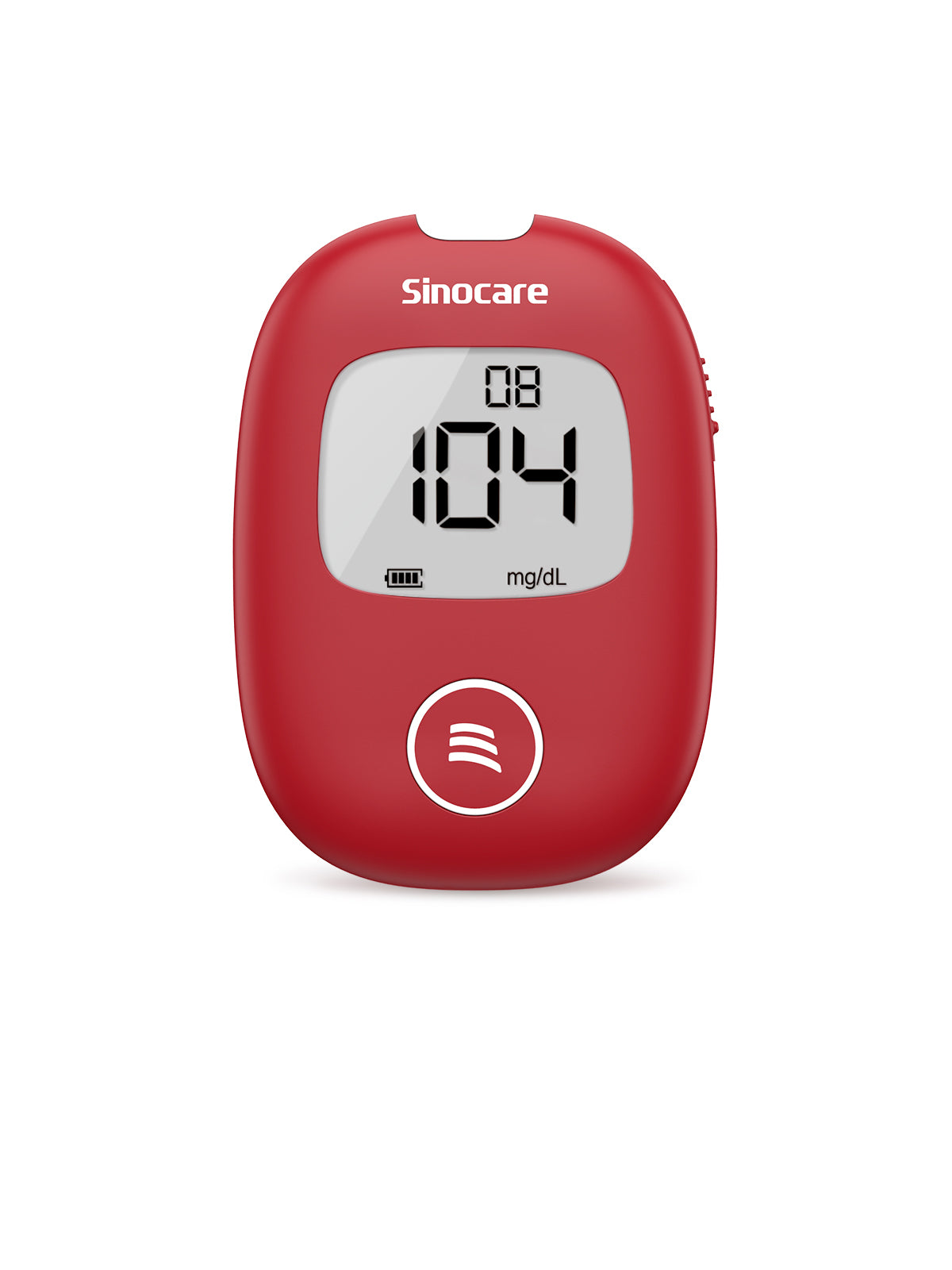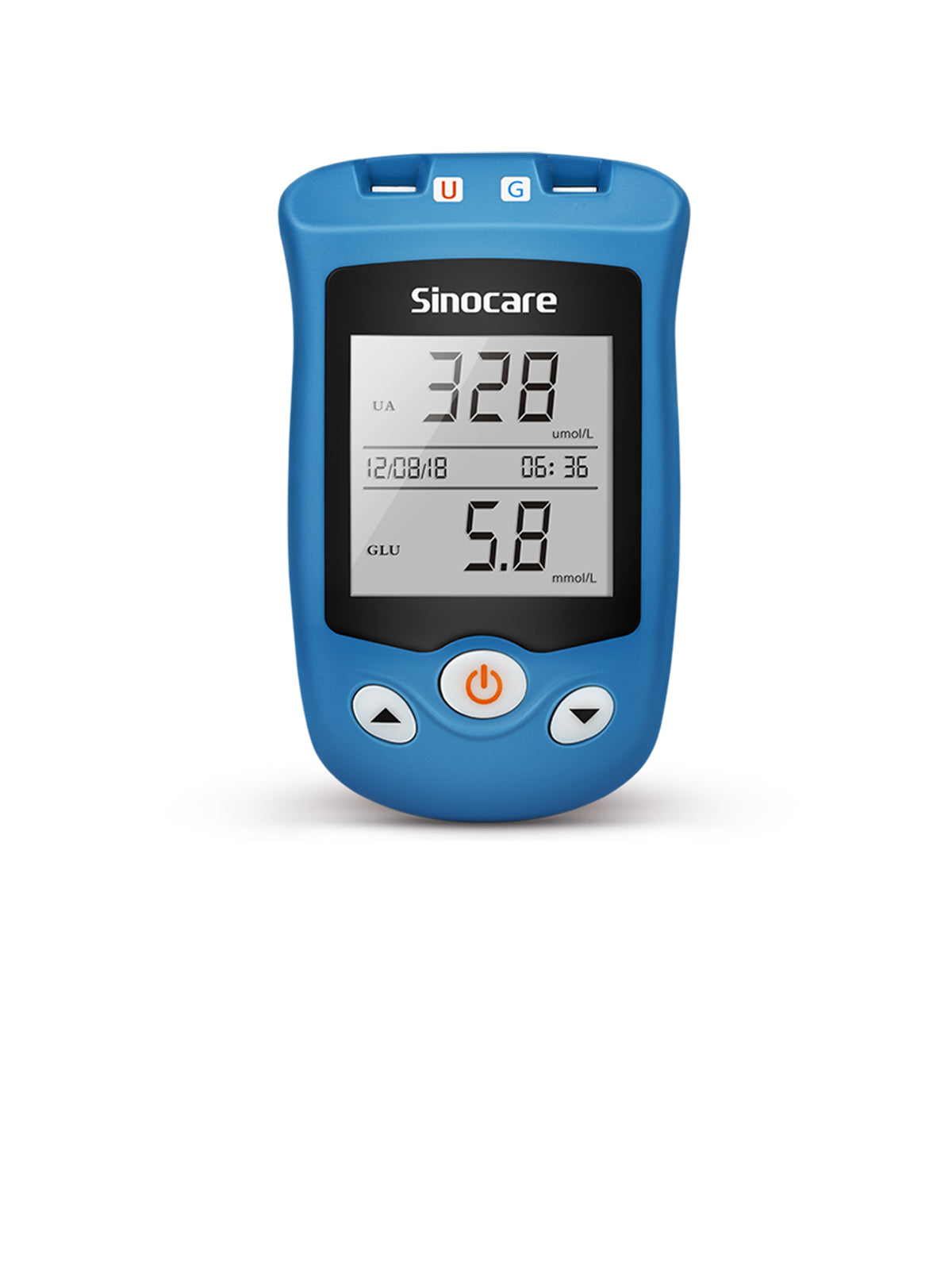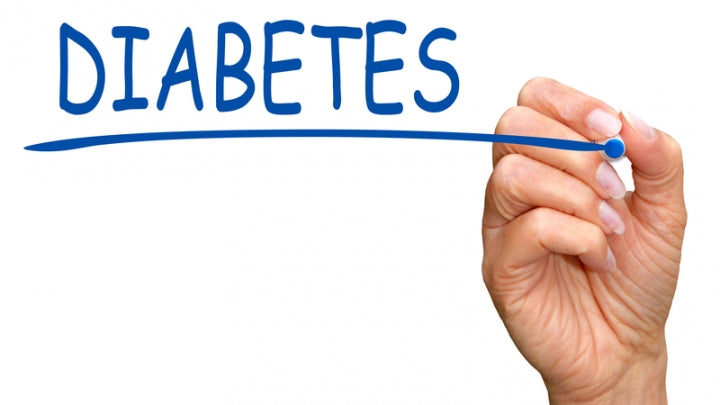Understanding that the impact of high blood sugar on patients is gradual is crucial. Diabetes is a chronic condition, implying that bodily harm occurs slowly over time. Hence, actively managing and stabilizing blood sugar levels is essential to prevent complications from affecting the body.
Pre-diabetes encompasses impaired fasting glucose and impaired glucose tolerance, indicating blood sugar levels above normal but below the diabetic range. Consequently, many individuals receive a diagnosis of pre-diabetes or diabetes after prolonged elevation of blood sugar levels.
Therefore, it's prudent for individuals with diabetes to not only monitor their own blood sugar but also assess the blood sugar levels of their family members. Elevated levels warrant further diagnostic tests, such as the Oral Glucose Tolerance Test (OGTT), in hospitals. Adopting dietary control and regular exercise habits, coupled with a diabetic mindset, is crucial for managing blood sugar levels.
Regardless of the disease stage, blood sugar control is paramount. While non-diabetic individuals can prevent diabetes, those with diabetes can avert complications.
Typical symptoms of high blood sugar, including increased urination, thirst, hunger, and weight loss, may not manifest in all individuals with diabetes. Therefore, it's essential to remain vigilant. When the body exhibits three major signals indicative of blood sugar elevation, immediate attention is warranted.
Feeling sleepy after eating
After we eat, our blood sugar levels rise rapidly, causing a decrease in appetite-regulating hormones. When these hormones decrease, we tend to feel drowsy. However, if blood sugar rises slowly, appetite-regulating hormones are not suppressed, and we remain alert and energetic.
Therefore, it's advisable to avoid refined grains and sugary drinks, as they can cause blood sugar to spike quickly, leading to drowsiness.

Still feeling hungry despite eating a lot
Consuming junk food often leaves us unsatisfied and craving more. This is because junk food is high in sugar, salt, and fat, which stimulate our appetite. Over time, this can disrupt our metabolic indicators, including blood sugar levels.

High blood pressure
High blood sugar and high blood pressure often coexist, as they are closely related conditions. Individuals with high blood pressure should also monitor their blood sugar levels regularly and seek early detection and treatment.
The incidence of diabetes is steadily increasing, highlighting the importance of blood sugar control. Especially for high-risk individuals, it's essential to adopt healthy dietary habits and regular exercise to lower the risk of diabetes.
Final thoughts
In conclusion, understanding the gradual impact of high blood sugar on the body underscores the importance of proactive management and stabilization of blood sugar levels in preventing complications associated with diabetes. Regular monitoring, both for individuals with diabetes and those at risk, along with lifestyle adjustments such as dietary control and exercise, are crucial steps in maintaining optimal health. By remaining vigilant and attentive to the signals our bodies send, we can better manage blood sugar levels and reduce the risk of diabetes-related complications.










Commenta
Nota che i commenti devono essere approvati prima di essere pubblicati.
Questo sito è protetto da hCaptcha e applica le Norme sulla privacy e i Termini di servizio di hCaptcha.